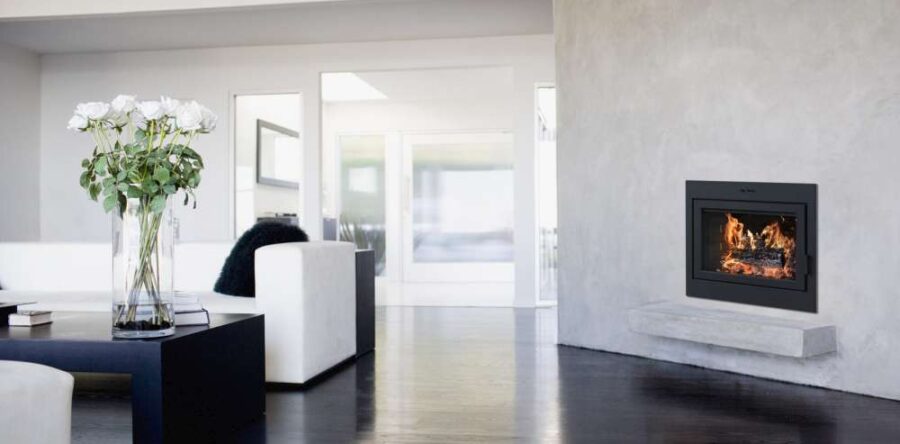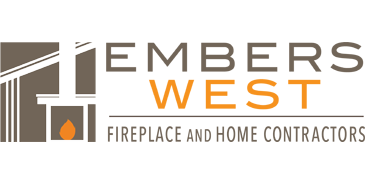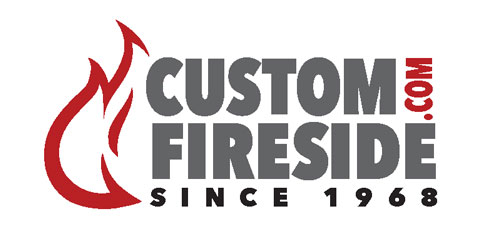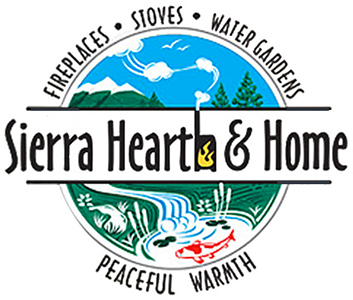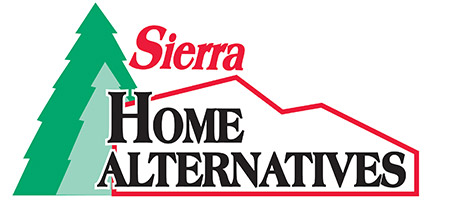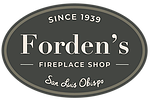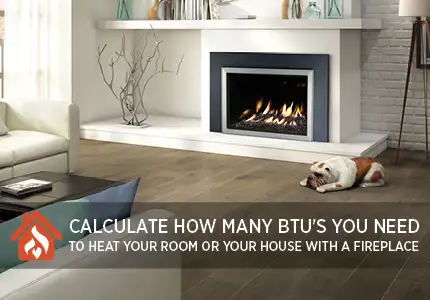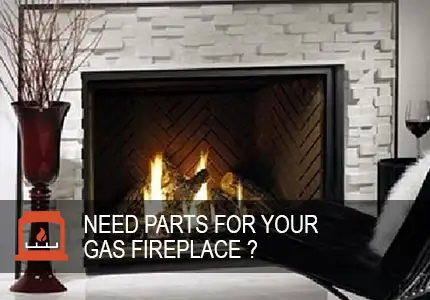Your new house is fitted with a lovely fireplace that you’re eager to use. But when and how should you use it so that everything is safe? Are there certain boundaries, certain rules to follow before using your stove or fireplace, whether it be wood or gas-fuelled?
Use Your Fireplace When the Weather Is Cold or Humid
Of course, the obvious answer is to use your fireplace when it’s cold. On those cold winter days when you don’t want to set a foot outside, there is nothing better than to curl up next to the fireplace with a good book. Or after a day of skiing, wouldn’t you feel like having a sweet cup of hot chocolate next to the fire?
And what about those slightly warmer days, in fall or spring, when humidity seeps through your bones? A small fire dissipates that humidity and makes your home cozy and comfortable.
Whether your stove or fireplace is your primary heat source or merely a supplemental heating unit, you’ll appreciate it even more during power outages, especially during the winter season.
However, to use a stove or fireplace, whether it be wood or gas-powered, there are a few things to check and specific rules to go by.
Only Use Your fireplace if it’s Compliant with Local Guidelines
Depending on which region you live in, different guidelines apply to stoves and fireplaces. In the United-States, the Environmental Protection Agency (EPA) sets the requirements for fireplaces and wood stoves. As of May 15, 2020, wood-fuelled units should emit no more than 2,5 g/h of airborne particles, and no more than 2,0 g/h for pellet appliances. G/h represent how many grams of fine particles your unit emits for every hour of use. Each state and municipality can enforce their own restrictions or laws, as mentioned by the EPA website.
In Canada, the Canadian Standards Association (CSA) is the one establishing guidelines regarding wood-fuelled units. According to their regulations, units shouldn’t emit more than 4,5 g/h of airborne particles. However, each province can enforce their own restrictions, and the city of Montreal has a law that restricts the use of wood-fuelled units.
In many cases, municipalities will not require that you switch out your current unit if it does not meet requirements. However, any new installation must comply with regulations. It is extremely important to check your current local regulations before using your stove or fireplace.
Only Use Your Fireplace if The Chimney Has Been Cleaned and the Fireplace Inspected
The chimney must be swept each year. A chimney sweep removes the ash and creosote from the chimney. Creosote is a highly flammable chemical residue that can lead to chimney fires when it is not cleaned out. The chimney sweep also removes any debris or remains from animals that might have crept into your chimney. He also proceeds to a visual examination to make sure everything is in good shape and informs you if any maintenance is needed.
Besides, it is important to get your stove or fireplace examined to ensure that it’s sound and functioning properly.
Only Use Your Heating Unit with Operational Smoke Detectors
Your family’s safety is crucial. Make sure you have at least one smoke detector on each floor, outside the bedrooms, and a carbon monoxide detector, also next to the bedrooms. Change the batteries every year and test your devices to make sure they are working well.
It’s easy to forget about smoke detector maintenance, as these devices are discreet and rarely used. But a single incident is enough for everything to go south. Smoke detectors save lives, but it is our responsibility to make sure they are in a state where they can do so. You and your family’s lives depend on it.
Only Use Your Unit if You’re There to Keep an Eye on It
Never leave a fire unattended, especially if you have young kids or pets in the house. Accidents happen so quickly. Small hands can easily touch the stove and burn themselves, and little feet can trip and fall into the fireplace. As for pets, they love warmth and could sadly get too close to the stove or fireplace and get hurt.
If you need to leave the room, make sure to bring the children and pets out beforehand.
Don’t let the stove or fireplace on if you’re sleeping or if you leave the house.
Only Use Your Stove or Fireplace in a Safe Environment
Make sure no flammable products or objects are near your stove or fireplace. There must be at least one meter between your fireplace and any flammable objects.
If you have children or pets, adding a protection panel around the fireplace is another thing you can do to prevent accidents.
If you have an open fireplace, a fire screen prevents embers and sparks from flying out of the hearth and causing an accident.
Use Your Fireplace with Peace of Mind
The tips mentioned in this article are very easy to follow and will give you peace of mind.
This advice and these rules are put in place for the safety and well-being of all.
Once your unit meets requirements, your chimney is clean, and you have operational smoke detectors in the house, all you have to do is sit in front of the fireplace and enjoy the comfort of your home, with great peace of mind.
If you have any questions about your stove or fireplace’s qualifications, contact one of our We Love Fire retailers. They’ll be more than happy to help you.
